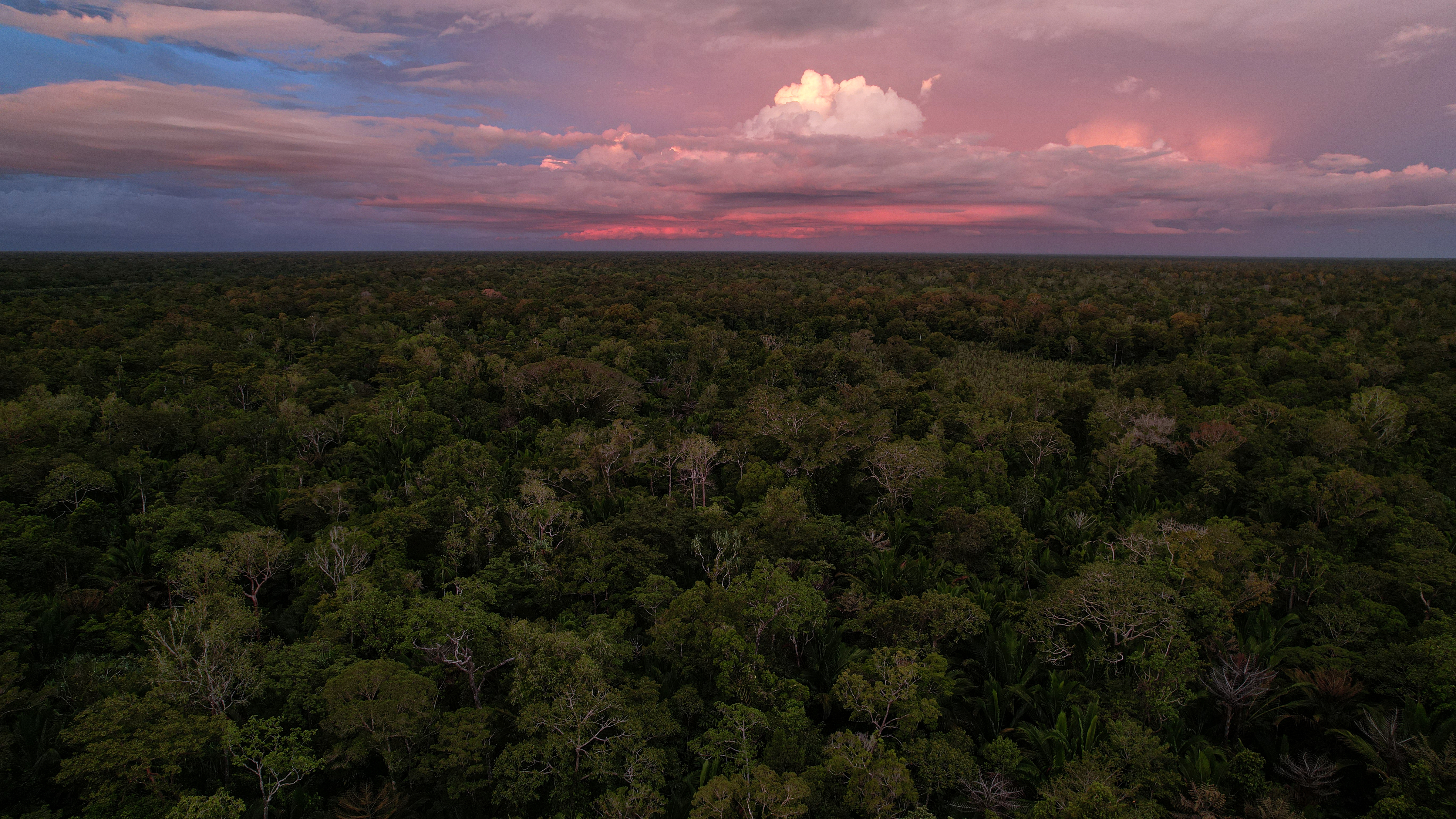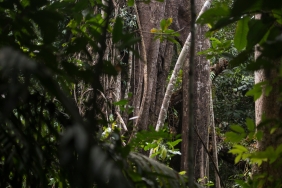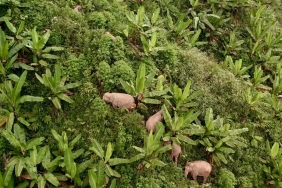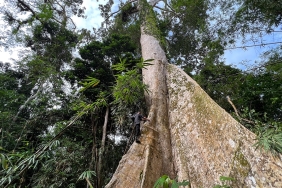INDONESIA DECLARES A TWO YEAR MORATORUIM ON DEFORESTATION
LAM: Fitrian, Indonesia of course accounts for a large portion of the world's deforestation and logging is a huge money earner for Indonesia. What makes this new deal more appealing than previous proposals?
ARDIANSYAH: Well, I do believe first of all this is the most significant contribution until now, that the Indonesian Government or an Indonesian as a country has received from foreign nations to support the country to address deforestation and peatland conversion of peatland degradation. I mean usually we get some support around millions of dollars or hundred of million of dollars, but this is like a billion dollars. So it is a good time for Indonesia to review the plans, the process of Indonesian development, especially special planning whereby a lot of decisions have been made, previously that have resulted in massive conversions of forests and peatlands and that has contributed to the emissions to the atmosphere for instance. So it is timely for Indonesia to really get its act together to review all the process, all the permits that can help Indonesia in reducing deforestation and peatland degradation in the future.
LAM: Well, one Billion dollars sounds like a lot of money, but it does have to be spread over several sectors and over a period of time. How confident are you that it will work?
ARDIANSYAH: Oh, there are some preconditions that I perceive that the Indonesian Government has to like let's say develop before this money can be implemented or can be used to implement REDD on the ground. First of all, I believe the Indonesian Government has to set up a good governance system, whereby a credible institutional arrangement can be put in place, covering different sectors that have been involved in the land use and special planning previously is not only the forestry sector, but also the agriculture, mining, infrastructure and different types of sectors. But it needs also to ensure the involvement of civil society as well local and indigenous communities, otherwise this will result in insensitivity and will not create a good REDD implementation.
LAM: Indeed, this issue of new concessions. Will they be stopped immediately or will it take time for it to trickle down?
ARDIANSYAH: Eh, if I am not mistaken, when I saw the agreement, it will directly be put on hold since January 2011, so there is still a way for concession to be done from now till January, so there is sitll a little bit of a loophole. But we need to make sure that the president when he comes back to Indonesia, he put directly the brake on this new permit issues right away rather than waiting for January 2011, for instance.
LAM: Well, it's been said that poverty is a huge contributing factor to deforestation. Do we know how much of that money will be spent on providing locals and local communities alternative livelihoods?
ARDIANSYAH: Well, this is something that we are going to ask the government, because there is some sort of promise that there will be the disbursements of this money coming directly to those that are really protecting and managing forests on the ground, including local and indigenous communities, but we have not got the clear percentage of how much that will be dispersed to this actors. But besides poverty relief, investment, big investment coming from private sector it is also one of the biggest challenge. How can this money from Norway or any other foreign nation can compete with this opportunity costs coming from this type of investment. So we need to balance this issue relating to poverty and also the issue relating to commodities investment.





